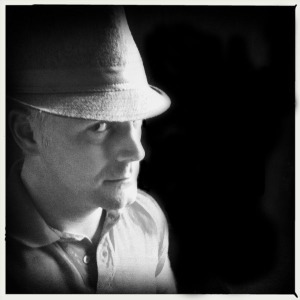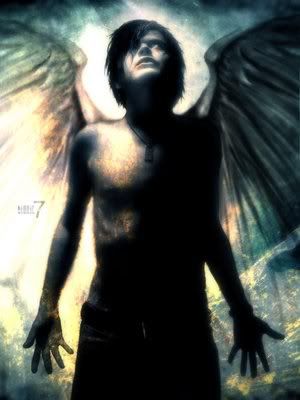My friend and fellow author John Copenhaver recently tagged me in The Next Big Thing Project.
TNBT is basically an author chain-mail where you’re tagged to answer a questionnaire about you book — whether out in print or in development. The chain-mail rules are:
1. You have to answer nine questions about your book (or project).
2. You have to tag at least five other authors to complete the questionnaire on their website/blog, and put up their links.
I’ll be cross-posting my taggees’ questionnaires here as well. I think it’s a cool way to get to know the work of up-and-coming authors, and–of course–to enhance our profile.
So, meet the talented (and handsome) John Copenhaver who hooked me into this chain…
What is the title of the book?
Dodging and Burning.
Where did the idea come from for the book?
My inspiration came from two separate but connected events: My reading of Walter Benjamin’s analysis of photography, and my decision to come out of the closet as a gay man. Benjamin argues that photographs distort reality and only can be given value if paired with the right caption. Being in the closet is like being a photo without a caption. The only way to correct that distortion is to tell the story behind the façade. Dodging and Burning is the mystery behind a crime scene photograph, but more accurately it’s an exploration of the way photos can twist our understanding of others and ourselves if their captions remain unwritten, their stories untold.
What genre does your book fall under?
Literary Mystery.
What actors would you choose to play the part of your characters in a movie rendition?
I love this question, because I think about it a lot. Sadly, most of the actors I’d cast are dead. One of my main characters, Bunny Prescott, is based on Gene Tierney; in fact, other characters tell her that she resembles Tierney. But, to play fair, I’d cast Elle Fanning as Ceola (my earnest teenager), who has both gravitas and levity, Saoirse Ronan as Bunny (my love-confused debutant), who can be chilly and vulnerable, and Andrew Garfield (my wounded gay war photographer), who is wonderful at playing pained but not self-indulgent characters. I loved him in Never Let Me Go.
What is the one sentence synopsis of your book?
Two young women attempt to solve the mystery of the photograph of beautiful corpse only to discover that the true mystery lies in the heart of the photographer.
How long did it take you to write the first draft of the manuscript?
Three-years. Keep in mind of course I was working full time as an English teacher. It took several more years to whip it into shape.
Who or what inspired you to write this book?
It began at Bread Loaf English of English when I took a course called “Photography and Modernity.” It changed the way I looked at photography and, eventually, all visual media. Also, I read Margaret Atwood’s The Blind Assassin, a genre-bending novel, a masterpiece that skillfully weaves together low and high forms. And of course, my own personal journey out of the closet. My theme, as I see it, is the need for narrative. Images without narrative (or worse images with a false narrative) can twist our understanding of reality, pushing us further from empathy and deeper into darkness.
Will your book be self-published or represented by an agency?
I’m represented by the fabulous Annie Bomke of ABLiteary and currently in search of a publisher.
For more about John Copenhaver, check out here.


